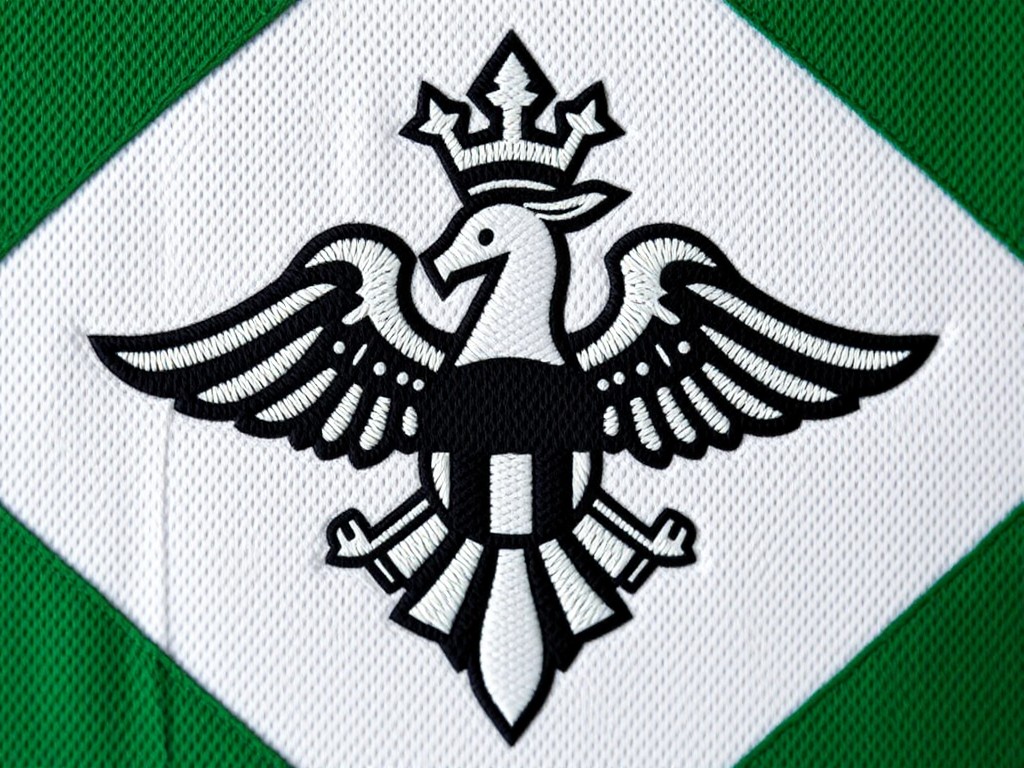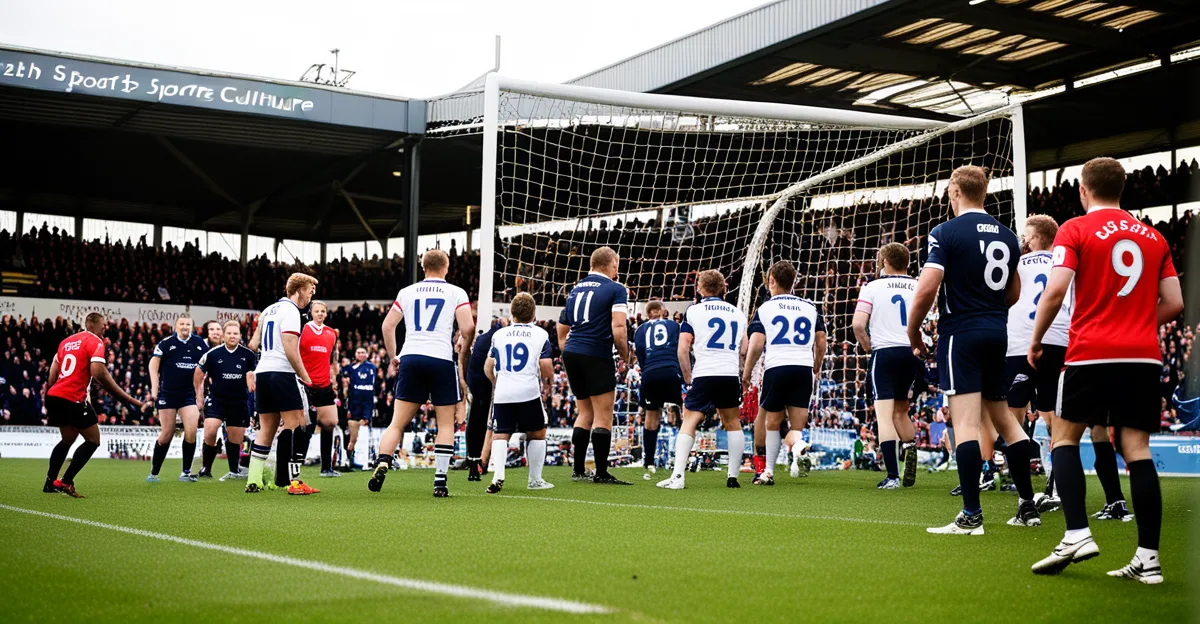Understanding British Sporting Culture
British sporting culture is deeply rooted in history, reflecting the country’s passion for various popular sports in the UK such as football, rugby, and cricket. These sports are more than just games; they are woven into the fabric of national identity. Key characteristics of British sporting culture include a strong emphasis on fair play, community involvement, and respect for tradition.
Football, often hailed as the nation’s favourite, dominates with its extensive fan base and numerous local clubs. Rugby, both union and league, holds a special place, especially in northern England and Wales, where it fosters intense local pride. Cricket, with its long-standing heritage, especially in England’s south and counties like Yorkshire, continues to shape sporting traditions.
Also read : What Makes UK Sports Teams Perform So Well?
Sporting traditions in the UK are not static; they emphasize heritage and continuity, connecting generations. Events such as the FA Cup and the Ashes test series highlight this legacy. These traditions foster community spirit, providing shared experiences that help maintain local identities. Understanding British sporting culture means appreciating how history, passion, and tradition merge to shape daily life and community relationships across the UK.
Social Impact of Sporting Culture on Local Communities
British sporting culture plays a pivotal role in fostering social cohesion by uniting diverse groups through shared passion for popular sports in the UK. Sporting events serve as communal gatherings, where supporters experience a sense of belonging and collective enthusiasm that strengthens community spirit. This is especially evident in local towns where football matches or rugby fixtures become focal points.
Additional reading : Will the UK’s Sporting Future Be Defined by Upcoming Talents?
The connection between sport and local identity is profound. Clubs, both amateur and professional, act as symbols of civic pride, reflecting a community’s history and values. Supporters often identify strongly with their team, reinforcing bonds that transcend everyday life. This attachment encourages civic pride and a desire to contribute positively to the locality.
Furthermore, British sporting culture promotes volunteerism and active participation. Many local clubs rely on volunteers for coaching, organising events, or maintaining facilities. This involvement enhances community engagement and provides residents with meaningful opportunities to contribute, supporting social networks and cooperation. In essence, sporting traditions do more than entertain; they build and sustain resilient local communities.
Influence on Youth and Community Engagement
British sporting culture significantly promotes youth engagement, particularly through grassroots sports initiatives. Grassroots sports provide accessible entry points for young people, offering structured and informal opportunities to develop athletic skills while fostering teamwork, discipline, and confidence. These local programmes often serve as vital social spaces where children and teenagers can channel energy positively.
Furthermore, participation in grassroots sports acts as a platform for social mobility and inclusion. It bridges social divides by welcoming young individuals from diverse backgrounds, creating environments where merit and effort are rewarded. This inclusivity helps reduce social inequalities, offering alternatives to negative influences and encouraging healthier lifestyles.
Local athletes emerging as role models amplify these effects. Their visibility and achievements inspire youth to engage in sports and pursue personal development goals. When young people see relatable figures succeeding, it reinforces positive aspirations and strengthens a sense of possibility within their communities. In these ways, British sporting culture not only nurtures athletic potential but also cultivates empowered, connected young citizens.
Economic Effects on Local Areas
British sporting culture significantly influences local economies through various channels. Sporting events, from Premier League matches to county cricket games, attract spectators who spend on tickets, food, transport, and accommodation. This economic impact stimulates local businesses such as pubs, restaurants, and hotels, providing a vital boost.
Employment opportunities arise from the operation of sports clubs and facilities. Clubs create jobs in coaching, administration, and maintenance, while larger events require temporary staffing. These roles contribute to local income and skill development, reinforcing the economic value of sport in many communities.
Investment in sports facilities also plays a critical role. Upgrading or constructing venues enhances community assets, encouraging both participation and tourism. However, this brings challenges including funding allocation and ensuring facilities remain accessible and sustainable long-term.
By integrating sport into economic development strategies, local areas can harness the benefits of British sporting culture. This strategy supports not only financial growth but also broader social and health outcomes, demonstrating that the economic impact of sport is multifaceted and vital to community vitality.
Challenges and Considerations in Sporting Influence
British sporting culture, while a powerful force for social cohesion and inclusion, faces challenges that impact its widespread influence. One major concern is addressing inequalities in access and participation. Not all communities or individuals have equal opportunities to engage in popular sports in UK settings, often due to socioeconomic barriers or lack of facilities. This disparity limits the full potential of sporting traditions to unify and empower.
Managing antisocial behaviour and rivalry is another critical issue. Football and rugby matches can sometimes trigger intense competition that spills over into hostility or violence among fans. Ensuring respectful conduct while preserving passionate support requires ongoing efforts from clubs, authorities, and communities. Creating safe, positive environments is vital for fostering long-term community spirit.
Sustaining local sporting initiatives faces further obstacles. Funding constraints, volunteer burnout, and facility maintenance challenge the long-term sustainability of grassroots clubs and events. Prioritizing accessibility and inclusion in planning can mitigate these difficulties. By confronting these challenges honestly, British sporting culture can continue to thrive as a beneficial social institution, strengthening community spirit and local identity for future generations.

